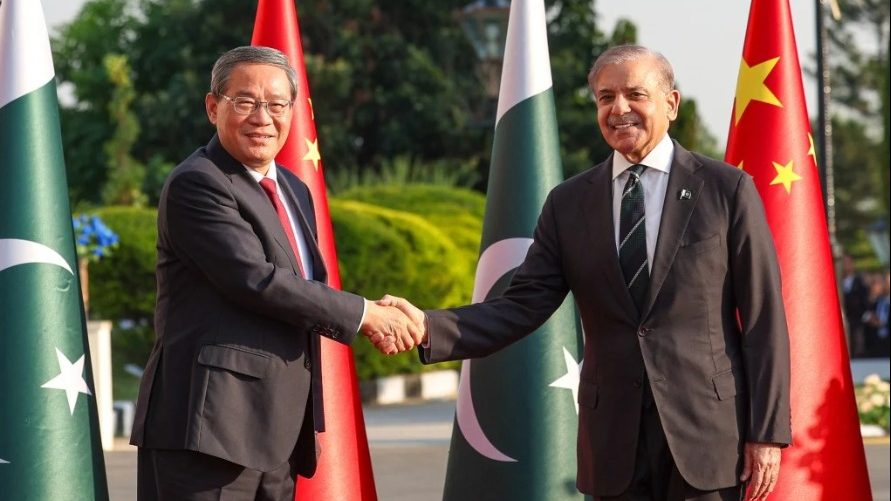In the wake of a U.S.-brokered ceasefire between India and Pakistan, Islamabad has reaffirmed its strategic partnership with Beijing, underscoring the enduring strength of the China-Pakistan alliance. This development comes as Pakistan navigates complex regional dynamics involving its nuclear-armed neighbor, India, and the assertive diplomatic interventions of former U.S. President Donald Trump.

A Fragile Peace Brokered by Trump
The ceasefire agreement, announced on May 10, 2025, followed intense military exchanges between India and Pakistan. The conflict escalated after a terrorist attack in Pahalgam, Indian-administered Kashmir, which led to Indian retaliatory strikes and Pakistan’s military response. U.S. President Donald Trump claimed credit for mediating the truce, a move that has been met with skepticism and criticism in India. Indian officials, including Congress leader Shashi Tharoor, questioned the legitimacy of Trump’s mediation efforts, highlighting the absence of formal diplomatic channels .
Despite the controversy surrounding Trump’s involvement, Pakistan’s Prime Minister Shehbaz Sharif expressed gratitude for the U.S. facilitation, emphasizing Pakistan’s commitment to regional peace and stability without compromising its sovereignty .
China’s Steadfast Support for Pakistan
Amid these developments, China has reiterated its unwavering support for Pakistan. In a recent conversation, Chinese Foreign Minister Wang Yi assured his Pakistani counterpart, Ishaq Dar, of Beijing’s continued backing, describing the China-Pakistan relationship as an “All-Weather Strategic Cooperative Partnership” . This reaffirmation underscores China’s strategic interest in maintaining strong ties with Pakistan, particularly as both nations navigate the shifting geopolitical landscape.
Economic and Strategic Dimensions
Economically, Pakistan is seeking to bolster its financial position by engaging more deeply with China. The country is preparing to launch its first Panda bond, aiming to diversify its lending sources and attract investment from Chinese markets . This move aligns with Pakistan’s broader strategy to strengthen economic ties with China, especially as trade relations with India have seen a decline.
Strategically, the China-Pakistan Economic Corridor (CPEC) remains a cornerstone of their bilateral relations. CPEC not only enhances economic connectivity but also serves as a counterbalance to India’s regional influence. China’s military support, including the supply of advanced weaponry, further solidifies this partnership, presenting a formidable challenge to India’s defense posture .
Conclusion
As Pakistan navigates the delicate balance between regional diplomacy and strategic alliances, its reaffirmation of ties with China signals a clear message of continuity and resilience. While the U.S.-brokered ceasefire with India offers a temporary respite, the underlying dynamics of the India-Pakistan-China triangle continue to shape the security and economic contours of South Asia. Pakistan’s steadfast partnership with China remains a pivotal element in this complex geopolitical equation.